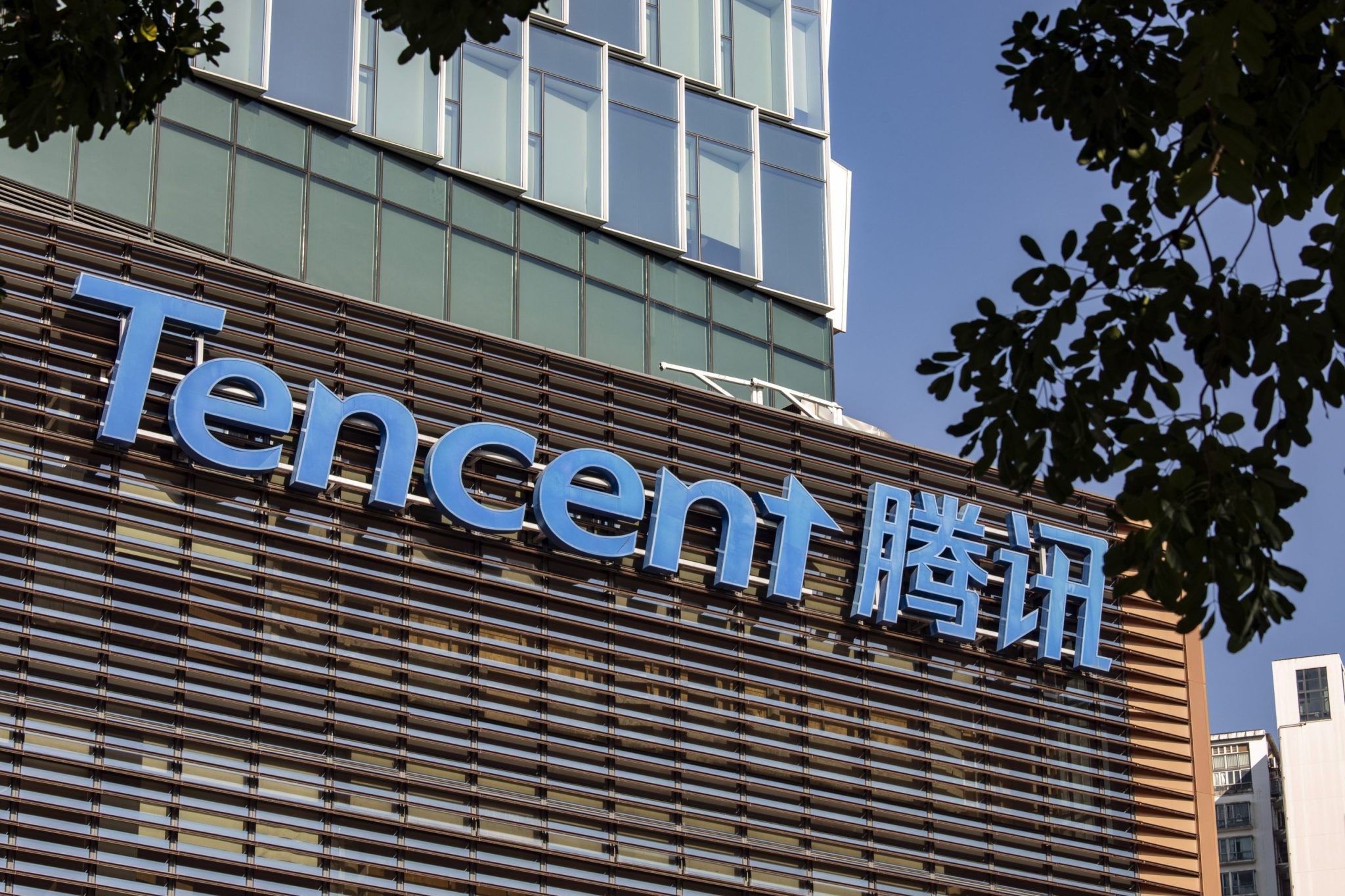
China’s video gaming industry thought it had made it through Beijing’s government crackdown. Regulators have taken a more friendly approach to the industry over the past 18 months, a major change from 2021 when officials imposed strict playtime limits and froze game approvals.
But now, with just one week left in the year, Beijing has shocked both game companies and investors, with broad new rules from the National Press and Publication Administration (NPPA), the industry regulator.
Tencent shares plunged by 12% in Hong Kong trading, wiping over $40 billion from the company’s market value. Shares in NetEase, another major game developer, fell by almost 25%. In total, Beijing’s surprise rules have wiped about $80 billion in value from the industry, according to a Bloomberg calculation.
The NPPA's draft rules aim to curb the amount of time and money players spend on games online. The regulations will bar developers from rewarding players who log in every day, or providing incentives for people to livestream games. The rules will also implement strict spending limits, and bar games from revealing state secrets.
Tackling monetization could be a big problem for China’s video game developers, which tend to earn revenue through small micropayments in a so-called free-to-play model.
Neither Tencent nor NetEase immediately responded to Fortune’s request for comment.
The surprise move from Chinese regulators is reviving fears that Beijing is once again turning the screws on its video game industry. “People had thought this kind of risk should have been over,” Steven Leung, an analyst at Hong Kong-based broker UOB Kay Hian, told Reuters. “It hurts confidence a lot.”
Some even fear that China’s crackdown on free-to-play gaming might encourage other countries to do the same. “This could be the beginning of the end of the smartphone game business model,” wrote Mio Kata, founder of LightStream Research, on independent investment research platform Smartkarma.
Beijing has targeted the gaming sector before. In July 2021, regulators also suspended all approvals of video games for almost a year, restarting them in April 2022. Then, a few months later, authorities limited players under the age of 18 to just one hour of gaming time on Fridays, weekends, and public holidays. State media also got involved, with one outlet decrying video games as “spiritual opium.”
Yet Beijing appeared to be loosening up on the sector this year. Regulators approved more video games in the first half of this year than the entirety of 2022.
Tencent, which also owns China’s ubiquitous messaging app WeChat, is China’s most valuable company. The company, after today’s share plunge, is worth $333 billion. The company generated $21.5 billion in revenue last quarter, a 10% increase from the year before.
Chinese regulators will accept feedback on the new rules until Jan. 22, 2024. The NPPA did not give an indication of when the new rules will go into effect.







